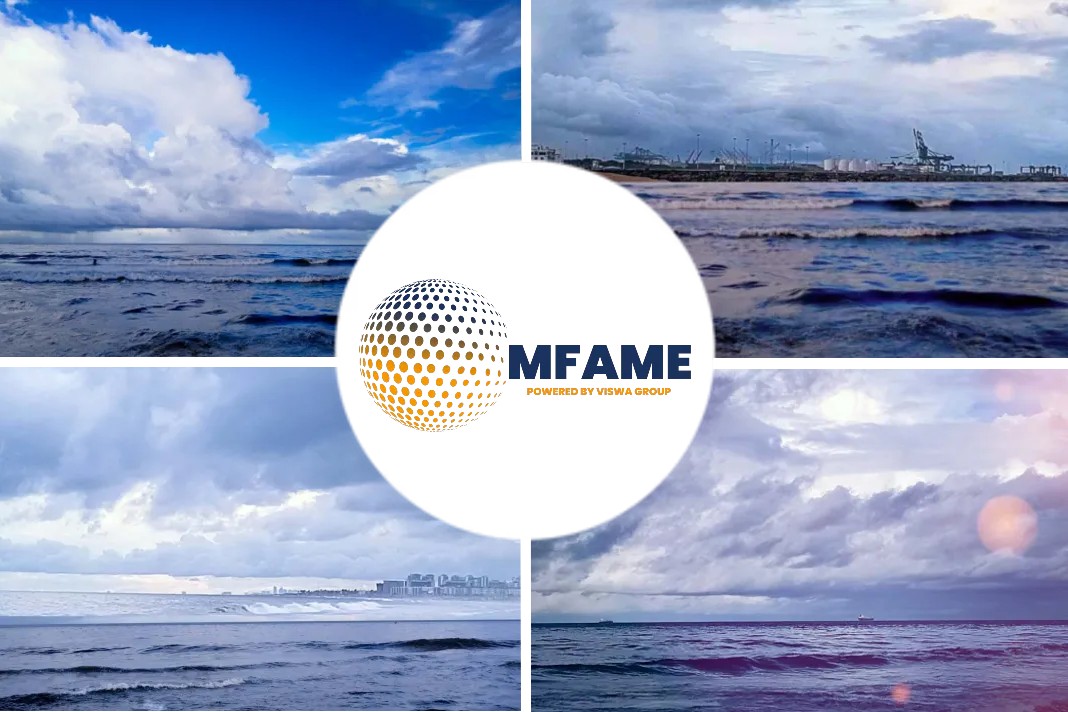
Tanker orders: no one wants to be the first mover writes Craig Jallal for Riviera.
Lloyd’s Register global tanker segment
Lloyd’s Register global tanker segment director EMEA Nikolaos Michas worked in China during the 2006-2016 shipbuilding boom, and is well-placed to speak about changes in technology at the International Chemical & Product Tanker Conference
The second International Chemical & Product Tanker Conference takes place 25-26 April 2023 in London, and among the subjects under discussion is the green fuel transition and what decarbonisation means to owners and operators of chemical carriers and product tankers.
One of the panellists is Lloyd’s Register global tanker segment director EMEA Nikolaos Michas, who had various engineering and supervisory roles for class societies in China during the shipbuilding boom years from 2006 onwards.
He has seen how rapidly technology and its application can change, “I saw the transformation of Chinese shipbuilding. By 2016, the quality and efficiency of Chinese shipbuilding was much improved on that of 2006, due to the efforts of the people in the yards.”
The situation today is a tanker orderbook that is falling as a percentage of the current fleet, and where the forward coverage for some sectors is very thin. One of the issues preventing tanker orders is the lack of available slots. One Greek owner has converted a container ship order to tankers, but this now appears to be a one-off.
More tanker orders
“I believe there will be more tanker orders,” said Mr Michas, “Last year there were no (tanker) orders because the prices were too high, and no one wanted to be the first-mover.”
He added, “But owners have been holding off for a long time. Now, many need the vessels and are looking to China and South Korea.”
“The well-known tanker building shipyards in China are quoting,” said Mr Michas, “And there are new tanker yards on offer, too.”
When it comes to alternative fuels, Mr Michas noted there are still enquiries quoting conventional fuels. “Methanol is becoming more popular, and there are enquiries regarding readiness for other fuels, too,” said Mr Michas.
During his time in China, Mr Michas has seen shipbuilding quality and efficiency move onto new levels, but he stressed the fundamentals remain the same. “You still need a good site team to control and manage the investment, and to maintain close co-operation with the classification society,” he said.
Did you subscribe to our Newsletter?
It’s Free! Click here to Subscribe.
Source: Riviera
















